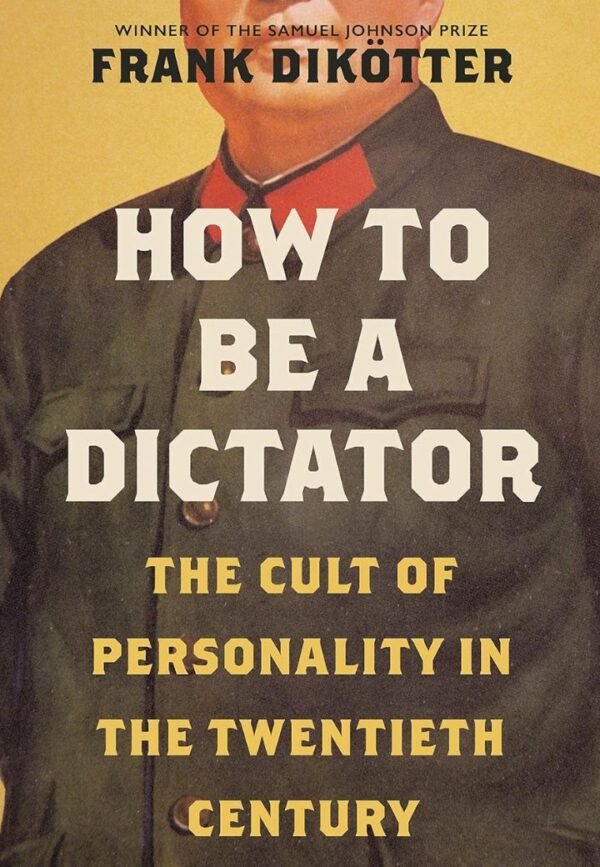
Frank Dikotter
Frank Dikötter (born November 30, 1961) is a Dutch historian and author specializing in modern Chinese history. He has been the Chair Professor of Humanities at the University of Hong Kong since 2006 and is a Senior Fellow at the Hoover Institution at Stanford University. With a Ph.D. from the University of London, Dikötter has published over a dozen influential books that have transformed the understanding of China’s historical narrative, including The Discourse of Race in Modern China (1992) and China before Mao: The Age of Openness (2007).
Dikötter is best known for his People’s Trilogy, which includes Mao’s Great Famine (2010), The Tragedy of Liberation (2013), and The Cultural Revolution (2016). These works draw on newly accessible archival materials from China to document the profound impact of communism on ordinary lives. Mao’s Great Famine won the prestigious Samuel Johnson Prize for Non-Fiction in 2011, while The Tragedy of Liberation was shortlisted for the Orwell Prize in 2014.
In addition to his scholarly contributions, Dikötter has gained recognition for his popular writing, including How to be a Dictator: The Cult of Personality in the Twentieth Century, which examines the mechanisms through which dictators maintain power. His latest book, China after Mao: Rise of a Superpower, explores China’s evolution into a global power in the modern era. Dikötter’s work has been translated into multiple languages, making him a significant figure in contemporary historical discourse on China.
- Modern China History
- 1961
- Male
- 1
-
(0)By : Frank Dikotter
How to Be a Dictator: The Cult of Personality in the Twentieth Century
How to Be a Dictator is a chilling descent into the architecture of absolute power—where fear is sculpted into law, truth is strangled by spectacle, and the cult of personality drowns all dissent. Through eight harrowing portraits, it reveals how tyrants rise not solely by force, but by mastering the dark alchemy of propaganda, surveillance, and manufactured devotion. What kind of world emerges when one man becomes the nation, the voice of the people silenced beneath a single echo? At once gripping and unsettling, this book asks readers to confront the fragile boundary between order and oppression, and to see in history’s monsters the reflection of our collective vulnerability. It is not merely a study of despots—it is a warning whispered through time.
- Originally Published: 2019
- Publisher: Bloomsbury Publishing, 2019
- Genre: Politics, History
- Pages: 304
- Book Type: Hardcopy
- ISBN: 978-1408891612
- Access: Members


